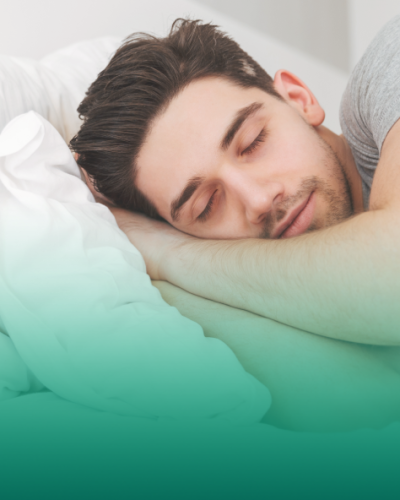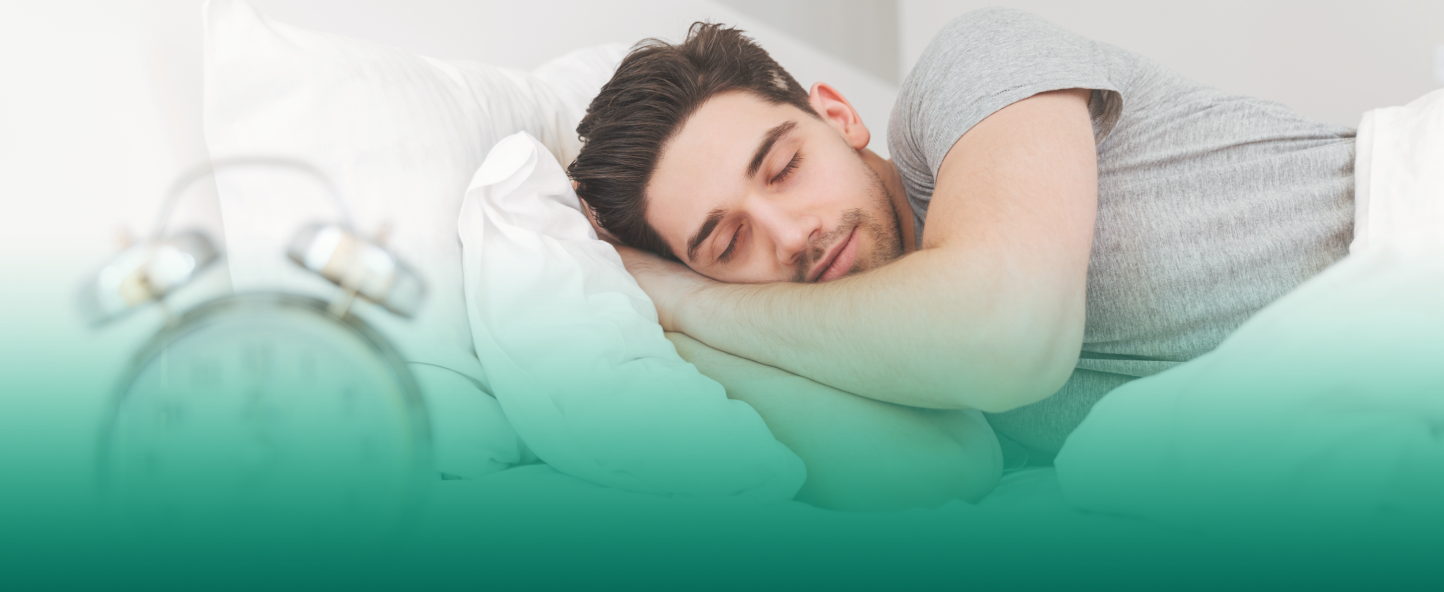People spend a quarter of their lives sleeping, and our health, well-being, mood and work efficiency depend on the quality of sleep. Let’s look at the myths about sleep today.
Myth: Elder people sleep less
It is a misconception that the amount of sleep you get decreases as you age. In fact, sleep duration established in youth remains approximately the same in old age. However, with age, the quality of sleep may deteriorate: sleep becomes less deep, a person wakes up more often at night. Moreover, napping or short naps during the day may become common in older adults without them realizing it and then complaining of insomnia.
Myth: We used to sleep longer than we do now
With the development of electricity and the spread of gadgets, sleep has indeed become shorter. Lighting affects the production of melatonin, the sleep hormone, which can reduce sleep time. Modern people, often sacrificing sleep for work or entertainment, often go to bed late. Lack of sleep, when it becomes chronic, can have a negative impact on all body systems, since many repair processes occur during sleep.
Myth: Falling asleep instantly is a sign of health
The ability to fall asleep instantly can be a sign of hypersomnia, excessive sleepiness caused by various reasons, such as lack of sleep, low blood pressure, sleep apnea or hypothyroidism. In addition, there is a rare sleep disorder called narcolepsy, characterized by periodic, overwhelming daytime sleepiness.
Myth: Regular consumption of energy drinks and coffee is harmful to sleep
Sleep duration is largely determined by genetic factors. Although drinking energy drinks and caffeine may temporarily reduce sleep duration, over time it can lead to sleep deprivation. Caffeine consumed late at night can cause difficulty falling asleep and insomnia.
Myth: Sleep disorders cause obesity
Sleep apnea, characterized by brief pauses in breathing during sleep, has been linked to obesity. Lack of oxygen during the night leads to a decrease in basal metabolism, increased production of the hormone ghrelin (which stimulates appetite) and decreased sensitivity to leptin (which reduces appetite), which promotes overeating.
Myth: Regular use of sleeping pills is harmful
For acute insomnia, sleeping pills can be used on the recommendation of a doctor. However, with chronic insomnia, the simple use of sleeping pills can lead to psychological and physical dependence. It is better to consult a doctor to determine the causes of sleep disorders and select appropriate therapy.
Myth: Going to bed after midnight is bad for you
The time you go to bed is not as important as the quality of your sleep itself. The main factors for healthy sleep are a shaded environment and silence. The main thing is a regular routine and comfortable sleeping conditions. For the proper production of melatonin, darkness is important, and the body also gets used to the regime and its violation is stress. If you get up at the same time during the week, then on the weekend it should be give or take the same time.






